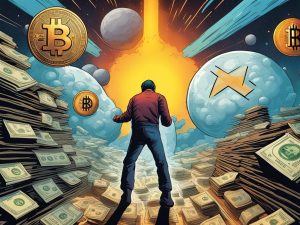Dimon’s Perspective on Bitcoin: A Critical Examination ⚖️
In a recent interview, Jamie Dimon, CEO of JPMorgan, reiterated his strong skepticism regarding Bitcoin and its value proposition. He articulated that, while he’s not entirely opposed to cryptocurrency as a concept, he views Bitcoin as lacking intrinsic value. Dimon pointed out that it often attracts illicit activities, which causes him concern. Moreover, he made an analogy likening Bitcoin to smoking—people might have the liberty to engage in it, yet it may not be a wise choice.
Dimon’s Position on Cryptocurrencies and Blockchain Technology ⛓️
Consistently, Dimon has maintained a harsh critique of Bitcoin. He perceives it largely as a vehicle for speculation rather than a reliable financial asset. His previous comments have labeled Bitcoin as a “hyped-up fraud,” a “pet rock,” and “worthless.” He has also paralleled it to historical speculative bubbles, such as the famous Dutch tulip mania, warning that individuals investing in Bitcoin may encounter unfortunate outcomes.
Although he expresses deep skepticism towards Bitcoin specifically, Dimon acknowledges the potential applications of blockchain technology. He has illustrated this by promoting JPMorgan’s active participation in blockchain initiatives, such as the development of JPM Coin. His stance indicates that while cryptocurrencies may have drawbacks, the underlying technology merits exploration and could yield benefits in various sectors.
Economic Reflections: Dimon’s Views on Current Affairs 🌍
During the interview, Dimon also shared his thoughts regarding the political landscape, specifically reflecting on Donald Trump’s election victory. He expressed that he wasn’t shocked by the outcome, interpreting it as a response to public demand for pro-business policies. Despite positive indicators such as low unemployment rates and a flourishing stock market, Dimon remained cautious about the broader economic forecast, describing himself as “cautiously pessimistic.”
He articulated that there was a palpable frustration among voters regarding what they perceived as an ineffective government. The discontent was not just directed at economic policies but also at the tone of political discourse, with electors yearning for conversations centered on business growth rather than social issues. Dimon noted that across his travels in the United States, he sensed a consistent undercurrent of disapproval toward a perceived cultural elitism in political conversations.
Reflecting on the Future of Digital Currency 🔮
Dimon acknowledged that the evolution toward digital currency is inevitable, emphasizing that some form of digital currency will emerge in the future. His statements reflect a broader conversation surrounding the role of digital assets in the modern economy. This conversation is expanding, especially as industries and consumers alike begin to comprehend the implications and potential of cryptocurrencies and blockchain technology.
His expertise positions him as a significant voice in exploring how financial institutions may adapt to this technological change. While he critiques certain cryptocurrencies, it’s clear that he sees value in the advancements that blockchain and digital currencies can bring to traditional banking and financial services.
Hot Take: The Duality of Dimon’s Perspective on Cryptocurrency 💡
In summary, Jamie Dimon encapsulates a complex viewpoint toward Bitcoin and cryptocurrencies at large. His caution stems from concerns about their intrinsic value and their association with illegal activities. However, he simultaneously champions the revolutionary potential of blockchain technology. This year, as the discourse around digital currency gains momentum, policymakers, investors, and industry leaders will further examine the balance between innovation and regulation, translating discussions into actionable frameworks in the years to come.
By offering this duality in his analysis, Dimon illustrates the need for ongoing dialogue surrounding cryptocurrencies, highlighting the importance of critically examining their impact on the financial landscape. As the world continues to navigate the complexities of digital assets, his reflections provide a foundation for understanding the potential paths forward.
Sources:

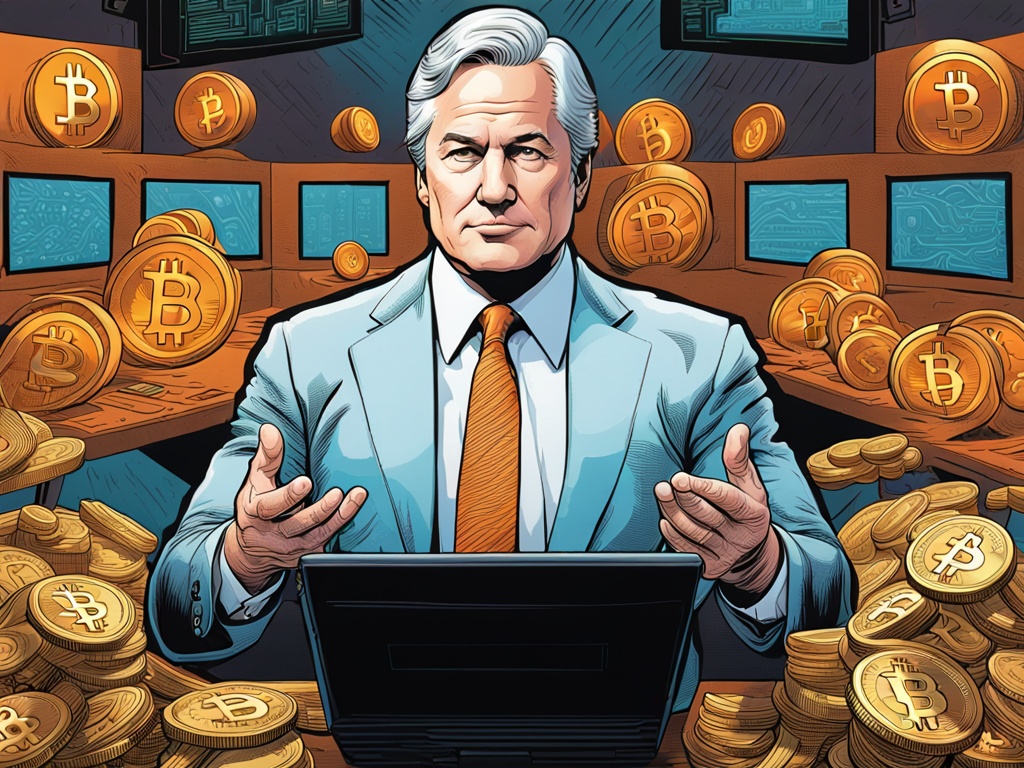
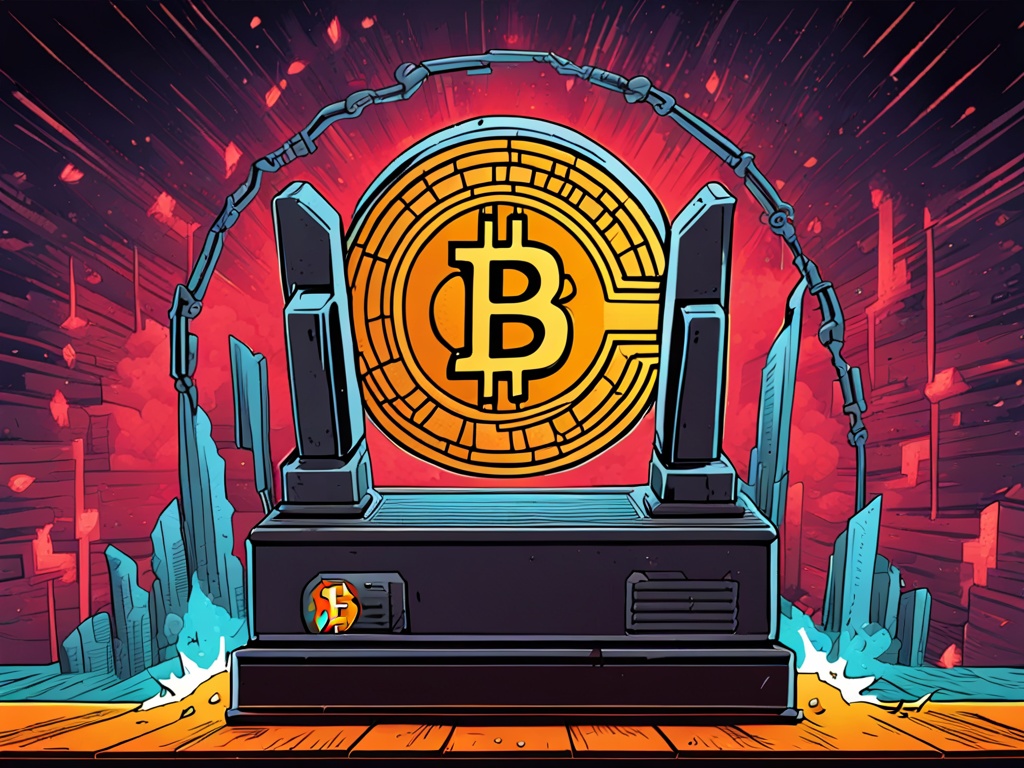
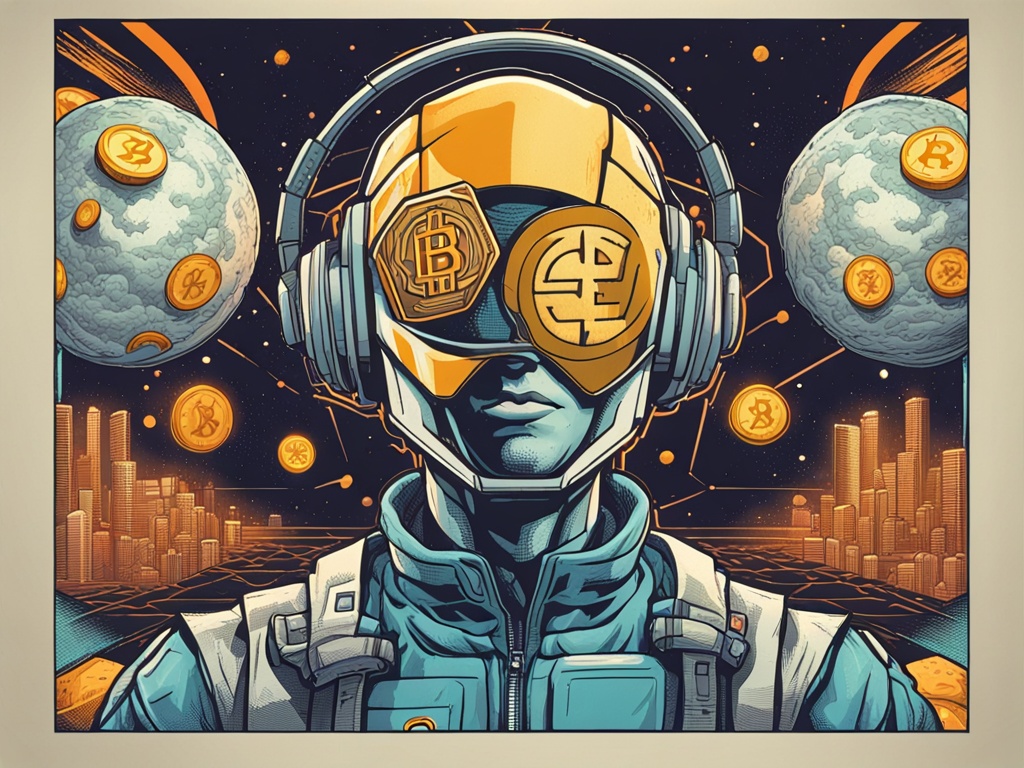

 By
By
 By
By
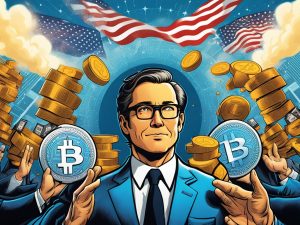
 By
By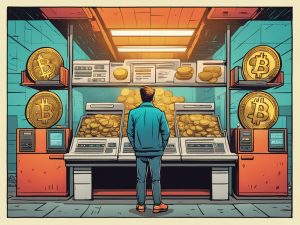
 By
By